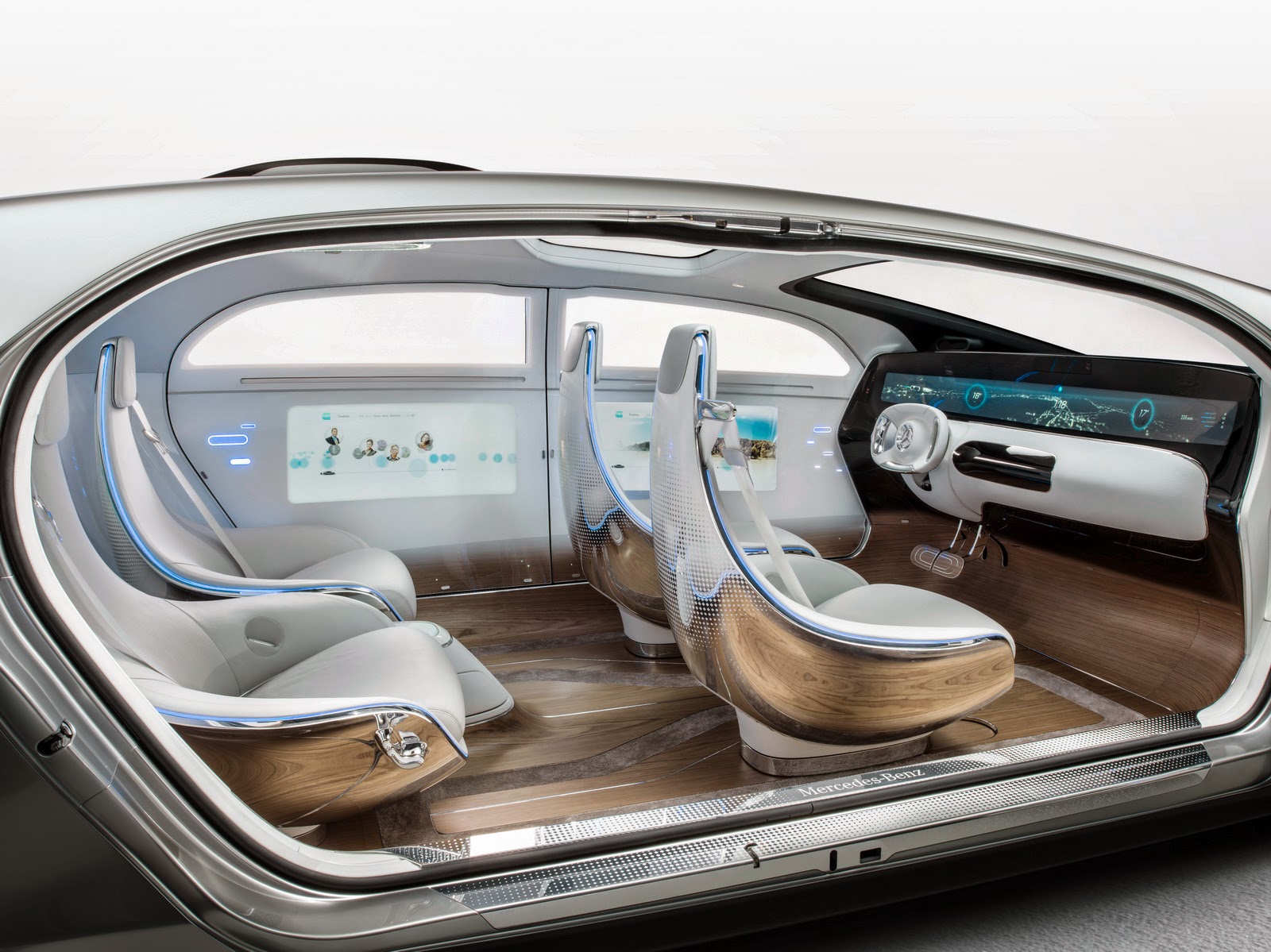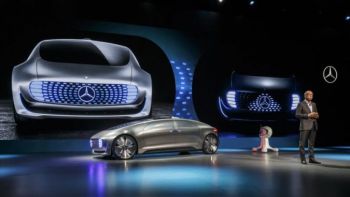
Robohub.org
“Anyone who focuses on tech alone hasn’t grasped how autonomous driving will change society”

The way that consumers interact with and operate cars will transform most functions in commuting, travel, communications, car ownership, and many other as-yet unknown ways.
Dieter Zetsche, chairman of Daimler and head of Mercedes-Benz Cars, said at this year’s CES in Las Vegas: “Anyone who focuses solely on the technology has not yet grasped how autonomous driving will change our society.”
Autelligence, an auto industry research firm, said in a press release announcing their new 208-page $2,345 report The Autonomous Vehicle Revolution: How It Will Affect the Automotive Sector:
Whether fully driverless or not, the technology has tremendous implications for the hardware and software that control the operations of the vehicle and has major implications for the way cars communicate with the outside world, with each other, and with the driver or occupants. It has implications for the functions that drivers and car owners expect on their vehicles. And ultimately, because it affects the way consumers interact with vehicles, it has implications for interior and exterior design, and in the end, for all the major hardware areas of the vehicles – chassis, powertrain and transmission.
 The ethics of autonomous cars received the most attention up until Mercedes showed their new concept S-Class Sedan at CES Las Vegas and then drove it around the streets of Las Vegas and more recently San Francisco. The ethics debate took a back seat to imagination as reporters grasped how significantly different our lives will be when these cars hit the road.
The ethics of autonomous cars received the most attention up until Mercedes showed their new concept S-Class Sedan at CES Las Vegas and then drove it around the streets of Las Vegas and more recently San Francisco. The ethics debate took a back seat to imagination as reporters grasped how significantly different our lives will be when these cars hit the road.
Nevertheless, driverless cars must be capable of taking the ethical route of avoiding collisions, passing on road and safety information to others near and far, and providing creature comforts as never before.
Every major news media has reported on the ethical issues: Financial Times, The Atlantic, The NY Times, and Forbes, to cite just a few of the hundreds of articles I’ve read on the subject. Bottom line: we probably cannot imagine all the implications and collateral effects driverless cars will cause beginning early in 2020 for top-end and early adopters and progressively more widespread year after year until mid 2030 when these cars will be our major form of transportation.
Another quote that I liked came from Babs Carryer, who works for the new Innovation Institute as Director of Education and Outreach at the University of Pittsburgh. In her most recent article she asks: “What is more important than your idea? More important than your startup? More important than you? You got it – your customer.”
Put together, these two quotes offer guidance to all bright entrepreneurs just as Mercedes’ concept car changed the dynamic of driverless cars from if to when because it expressed the unfulfilled needs and desires of their customers.
If you liked this article, you may also be interested in:
- Issues in regulating robocars, and the case for a light hand
- Uber to collaborate with CMU on robocars
- Future driving: Business models for robocars
- Robocars: A natural fit for retirement communities
See all the latest robotics news on Robohub, or sign up for our weekly newsletter.
tags: Automotive, Autonomous Cars, autonomous driving, robocars



